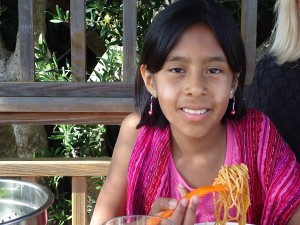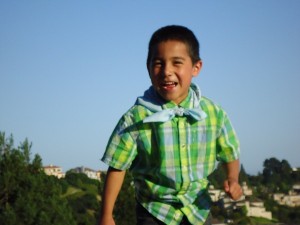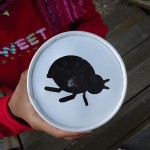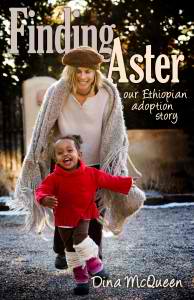At last! A happy ending for one of the waiting families of the Guatemala900. After four long years, Kinsey Reyher joined her adoptive parents, Brittney and Danny Reyher, and brothers, Kainen and Gabriel, in Terre Haute, Indiana, the Brazil Times reported on May 31, 2011.
Brittney and Danny, along with some family members when they had time, made 14 trips to visit with Kinsey, appeared for two court hearings, struggled through a change in lawyers and went through eight different agency coordinators to try and finish the adoption process.
“There was delay after delay… So many people were out there praying for us. And we could feel the prayers. This process brought our whole family closer together.”
On June 17, 2009, Brittney and Danny and the other 402 waiting families waiting for their children to come home, along with their supporters, marched on Washington to bring about public awareness to the Guatemala 900.
***
While the Reyher family enjoys their lives together, Brittney and Danny stay in touch with the families still waiting for their children to come home from Guatemala.
“I would like people to know about the remaining 300 cases that are still in limbo in Guatemala,” Brittney said, adding there are at least two other families from Indiana who are waiting for their child to come home from Guatemala. “One family is from Farmersburg and the other Greencastle. We are all friends and a huge support to one another. Even though our adoption is complete, we won’t feel complete until all the children are with their forever families.”
May this be one of many cases soon to be resolved.
In another must-read article, my good friend and fellow adoptive mom Laura-Lynne Powell argues that open birth records benefit everyone–from mothers who place their children for adoption to children who deserve to see evidence of their biological roots. “Adoptees shut out from birth records” was published in the Viewpoints section of The Sacramento Bee on Sunday, May 29, 2011. Here’s a short excerpt:
My own school-age sons were adopted in open adoptions and we continue to enjoy loving relationships with members of their first families. We visit and exchange gifts and letters. We’re all Facebook friends.
But neither of my sons have a legal right to see their birth certificates. It doesn’t matter that we already know the details of their births. Because we live in California, they can’t see the documents. I can’t see them. The women who gave birth to them can’t see them.
So my question is this: If Barack Obama’s birth certificate is so important, then why aren’t the birth certificates of all Americans – including those who happen to have been adopted – important as well? Why can’t we get past this outdated prejudice?
Read more: http://www.sacbee.com/2011/05/29/3660060/adoptees-shut-out-from-birth-records.html#ixzz1NxoIxAhq
Finally, I’ll be reading from Mamalita: An Adoption Memoir at Copperfield’s Books Montgomery Village, this Sunday at 1 p.m. At the moment, this is my last scheduled reading in the Bay Area. Please stop by and say hello~
Sunday, June 5, 2011 at 1 p.m.
Copperfield’s Books Montgomery Village
2316 Montgomery Drive
Santa Rosa 95404
707-578-8930



 ShareThis
ShareThis






